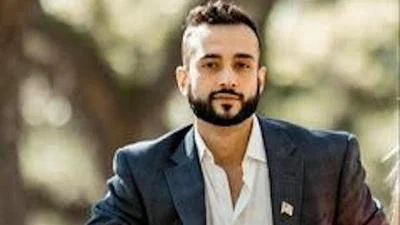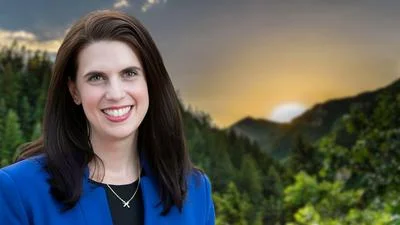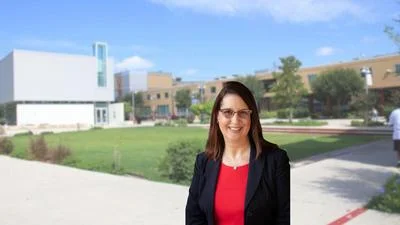HIGHLIGHTS FROM OUR INTERVIEW WITH MARK TEIXEIRA
Q: Lone Star Standard
How does somebody make it to the big leagues?
A: Mark Teixeira
There are a few things that you have to have or be to become a professional athlete. I’ve been around some of the best and I’ve gotten to spend time with the greatest athletes in the world, not just baseball players, but basketball and football and others too. And, it starts with a God-given gift. You have to have the talent. A guy that is 5’2, can’t jump, and can’t shoot isn’t playing in the NBA. God didn’t give them that gift to have the athletic ability to play in the NBA. If you have that gift, it shows up pretty early. You throw kids out on the field when they’re young and, you say, that kid’s different. He looks different, he’s faster, he’s stronger, he moves around the field differently. So, number one is that god-given talent. And, I knew that at a young age.
Number two, you have to love the game enough to want to practice it. You might have a gift at a young age, but if you don’t love the game and you don’t want to go out and keep doing it every single day or for a huge portion of the year, you’re not going to get good enough to advance your skills. I think that is the second thing.
Once you are at a level where everyone is kind of the same, like the minor leagues or even in college, there is a third thing. I went to a big-time Division 1 college baseball at Georgia Tech and I looked at everyone on my team and these guys are all studs. They wouldn’t be there if they weren’t. But there is that mental dedication and perfectionism of being able to handle failure. The mental game kicks in at that level, whether it’s college or the minor leagues. Then you get to the big leagues, and it’s a lot of survival. It’s dealing with failure. And it’s being able to play 162 games.
Q: Lone Star Standard
What have you seen happen to big cities in the U.S., and why did you choose to live in Austin?
A: Mark Teixeira
I’ll give you a great example. One of my favorite places to visit when I was a player was Seattle. 2003 was my rookie year and the first time I went to Seattle, wow. Beautiful city. The people were nice, the weather in the summer is perfect. Early in the season, April and May, it is a little rainy and it gets a little cold towards the end of the season. But perfect in the summertime. You have the lake and the Sound and the beautiful pine trees, when you are flying in, you see Mt. Rainier.
And then I saw the evolution of crime, of homelessness, of the city kind of falling apart. And that’s just one example of most cities in our country. I hate to say it, it breaks my heart. It breaks my heart to visit San Francisco and Baltimore now.
I have also spent a lot of time in Atlanta. There are lots of parts of Atlanta that aren’t pretty anymore. Same in New York City. My wife and I loved going when we lived in Greenwich. We were an hour from midtown Manhattan. We loved going into the city. It’s a different place now. It’s a little bit of a scary place.
Everywhere that I went, my wife visited me on almost every trip over 15 years in the big leagues. She visited me in almost every city in the country. There were many cities that we went to and experienced the city and drove around, drove to the airport and got a feel of what it would be like living there. There were not a lot of places that we were both all in. And when I mentioned to my wife in 2019, “hey, I think we should move to Austin.” We were all in. We are just so happy here because we have been able to see the rest of the country. And we love this country. There’s a little bit about every city that we love. We love most parts of Austin.
Q: Lone Star Standard
Why have you decided to speak up about education and the school choice efforts in Texas?
A: Mark Teixeira
At the most basic level, if there are kids that are going to schools that are failing them and we’ve seen some of the numbers. It’s almost always inner city kids. If there is an opportunity, if there is some way for us to create legislation that provides better opportunities for those and helps break the cycle of poverty, that’s where we need to be headed.
One of the most impactful charities that I got involved with was a group of charter schools in New York, in Harlem and the Bronx, some of the toughest parts of the city. And, I saw what a quality education does for poor families. I saw it. And guys like me could help raise that money, that can help influence legislation.
The charter school movement in Texas has been strong. But there’s a lot more that we need to do because I think there is no other business model that would allow this. If you think about the business model of government and public schools in inner cities as an example, no other for-profit business would be allowed to be run the way that our public education is run.
I grew up in Baltimore and Baltimore has some of the worst public schools in the country. And, so why are we allowing this to happen? Somebody has to say something. And if I can be a voice that might get amplified just because people will follow me on Twitter, that’s great.
Typically, there are a lot of movements that start in Texas or that Texas supercharges. And I think the movement to end failing schools needs to happen. Why do we have failing schools? There is no excuse and we could probably do a whole other podcast just on that. Why they are allowed to keep operating the way they are.
But it breaks my heart to see a poor kid who doesn’t have another choice, or does not have another option and they are going to failing schools. They are not getting the opportunity to better their lives, and not giving them an opportunity to get out of poverty.
Mark Teixeira is a former professional baseball first baseman who played 14 seasons in the MLB for the Texas Rangers, Atlanta Braves, Anaheim Angels, and New York Yankees. One of the most prolific switch hitters in MLB history, leading the American League in home runs and RBIs while finishing second in the MVP balloting. Teixeira was a three-time All-Star, won five Gold Glove Awards and three Silver Slugger Awards, and holds the major-league record for most games with a home run from both sides of the plate, with 14.
This interview transcript has been edited for length and clarity.
Listen to the full discussion here: https://texas-talks.simplecast.com/episodes/ep-7-mark-teixiera









